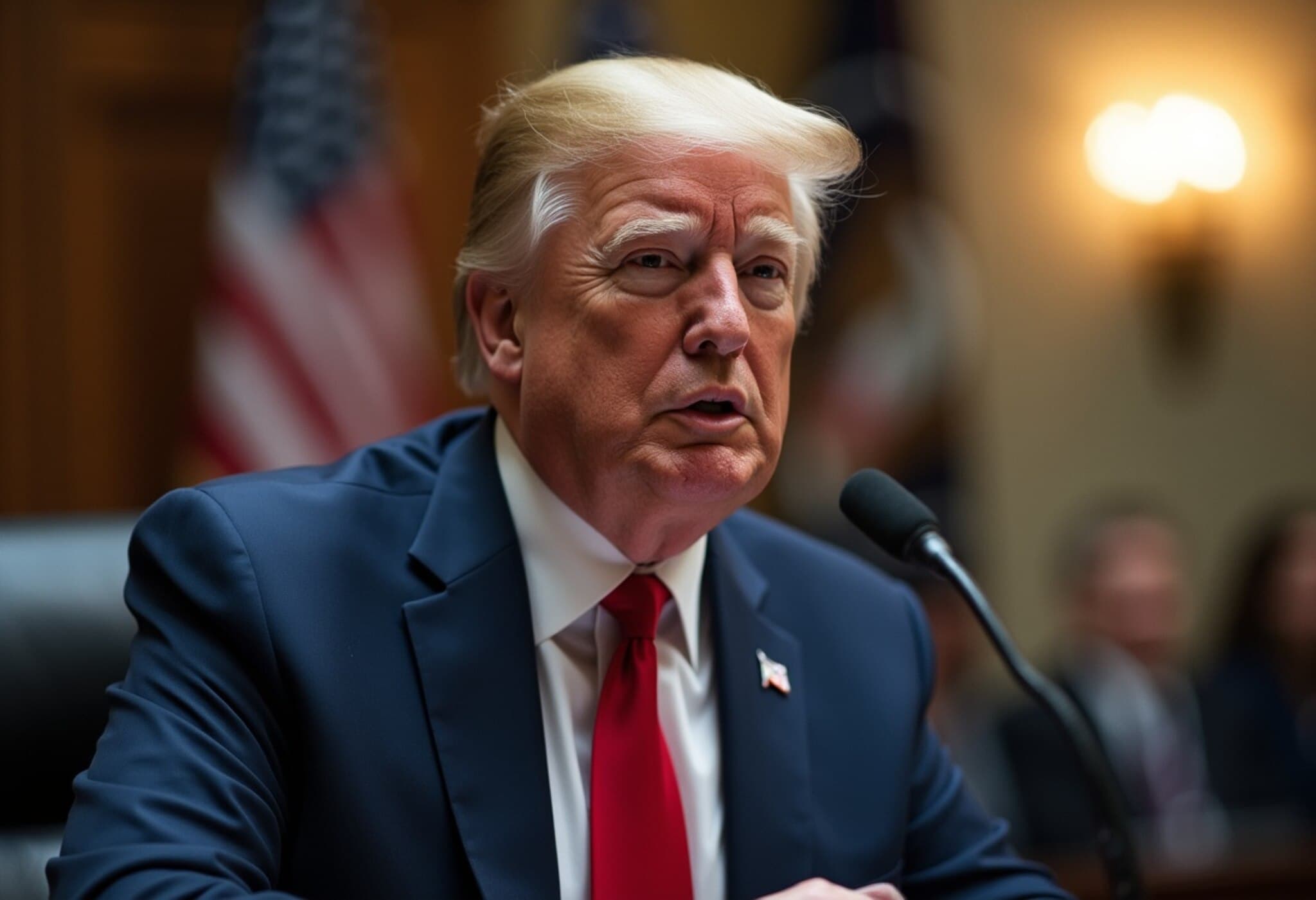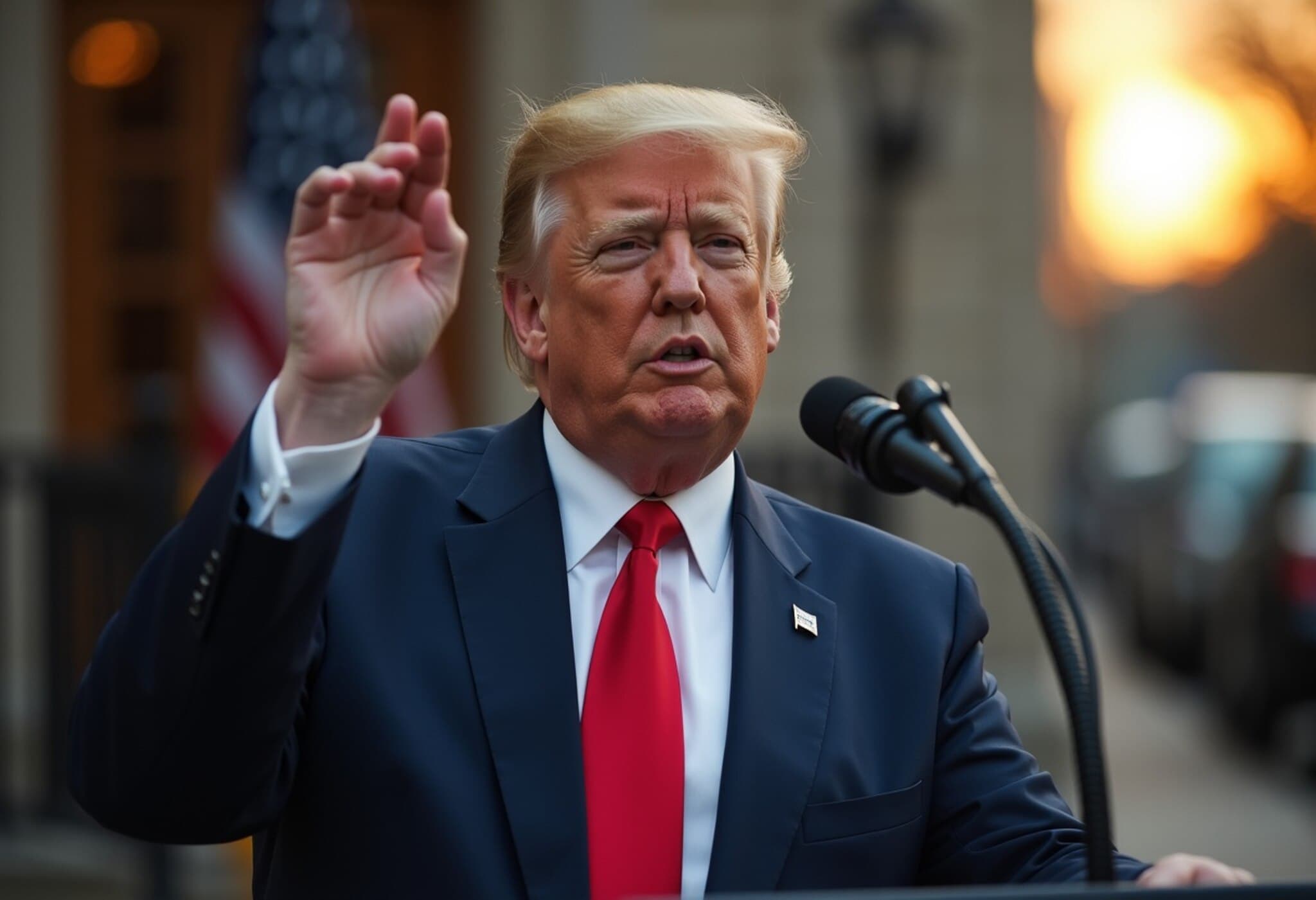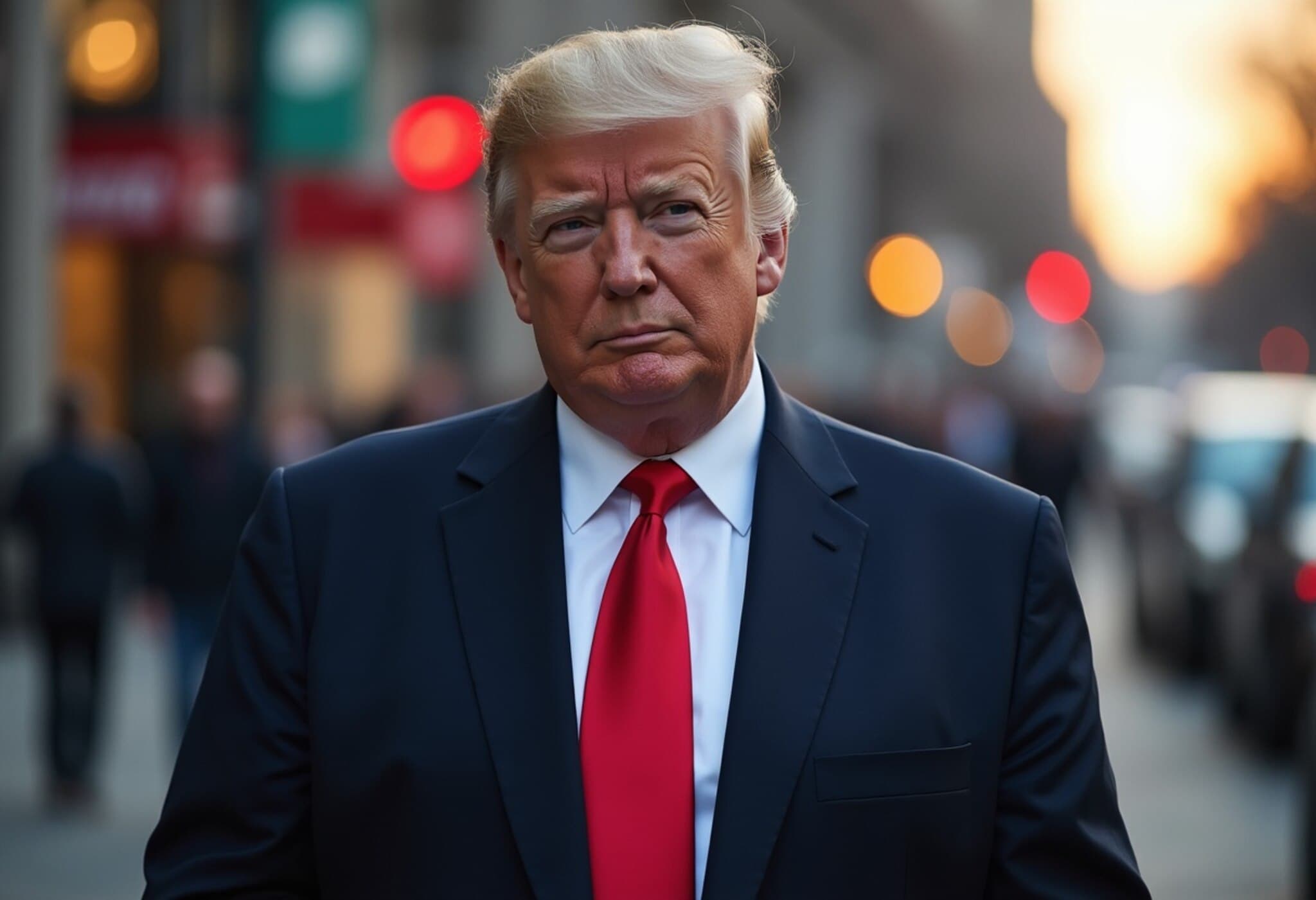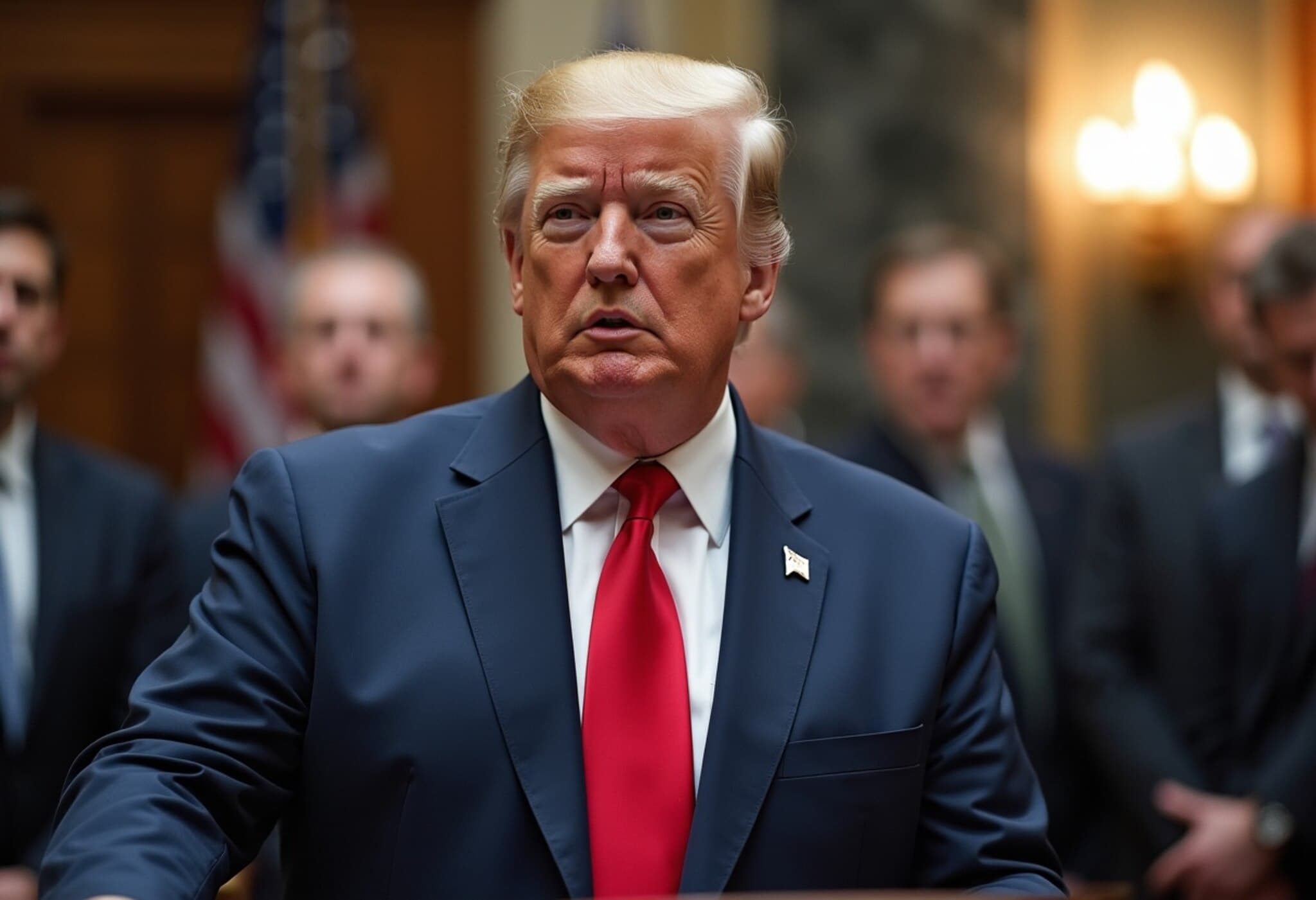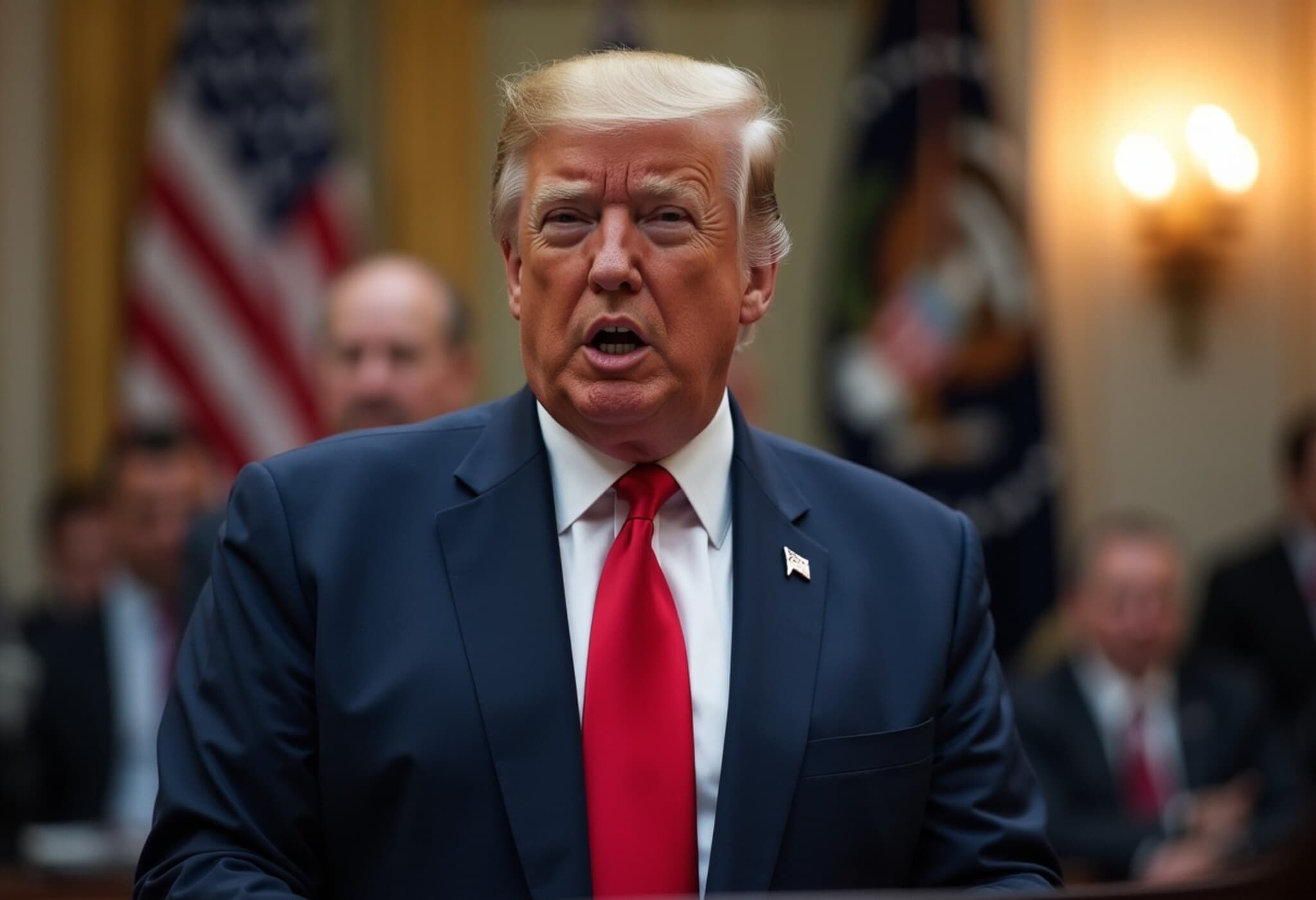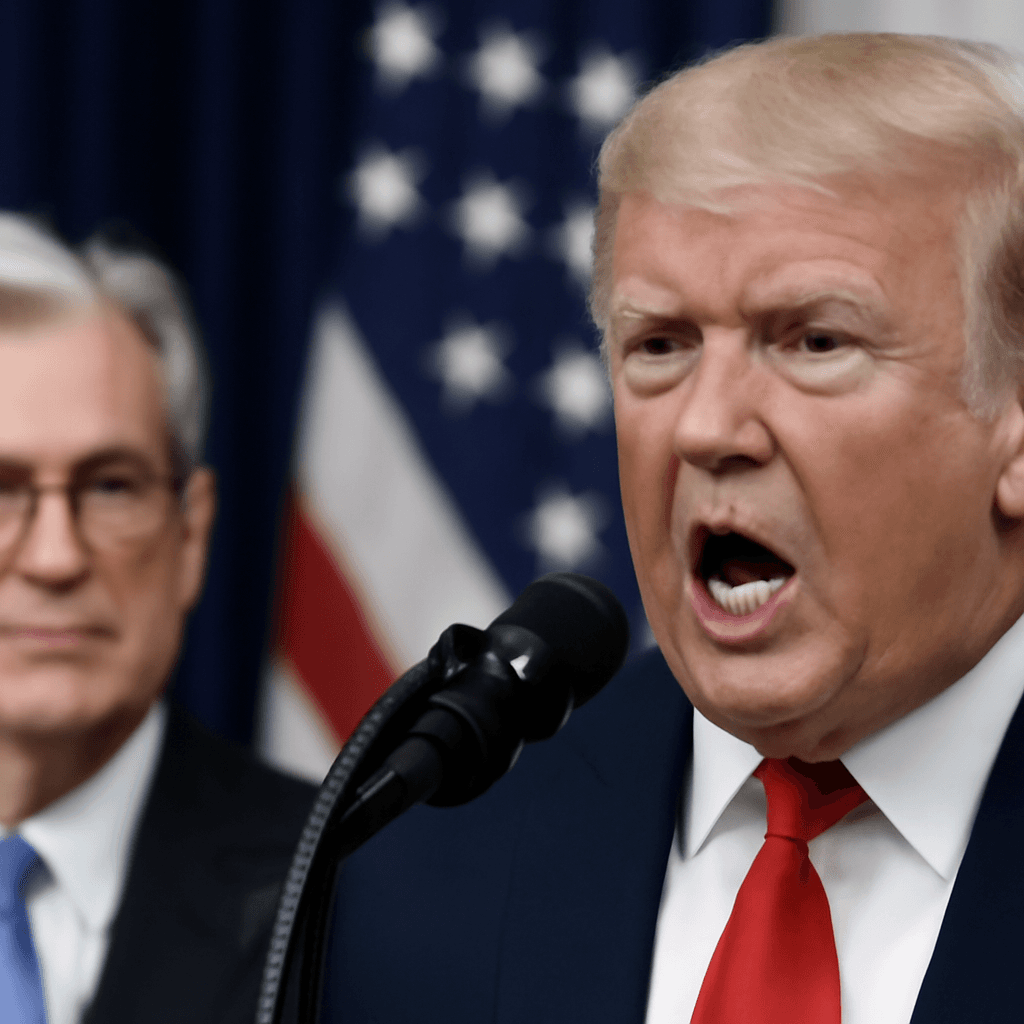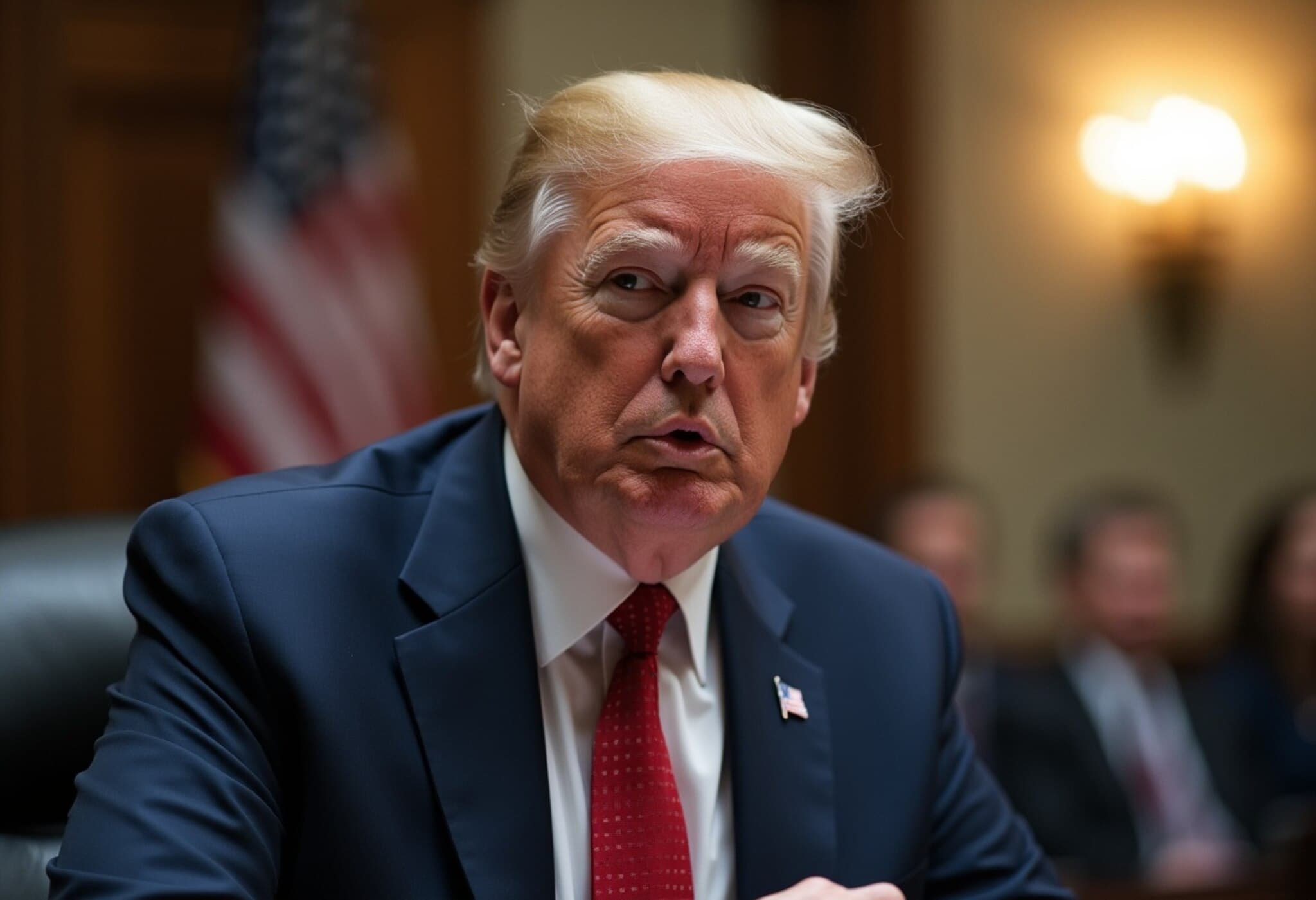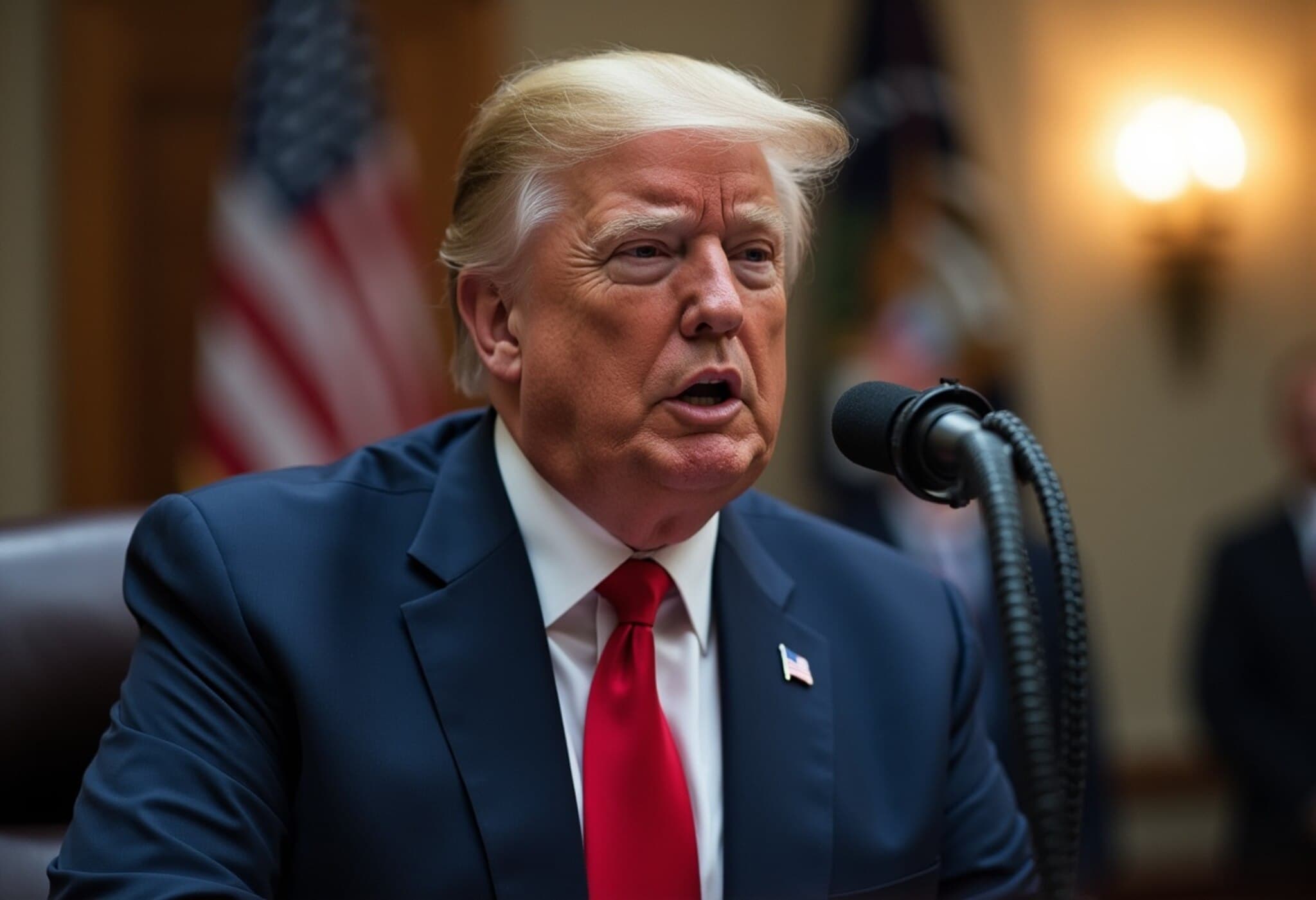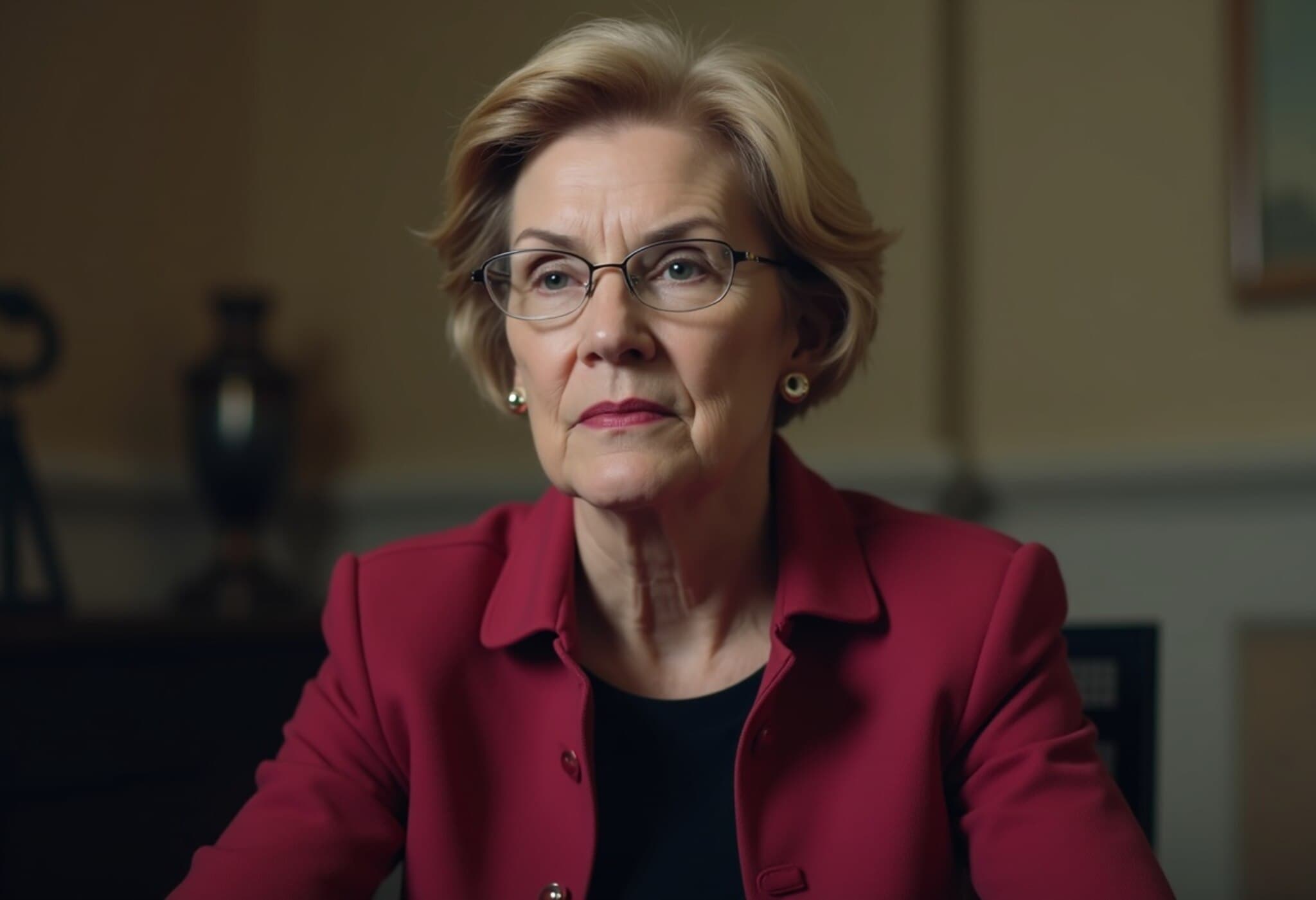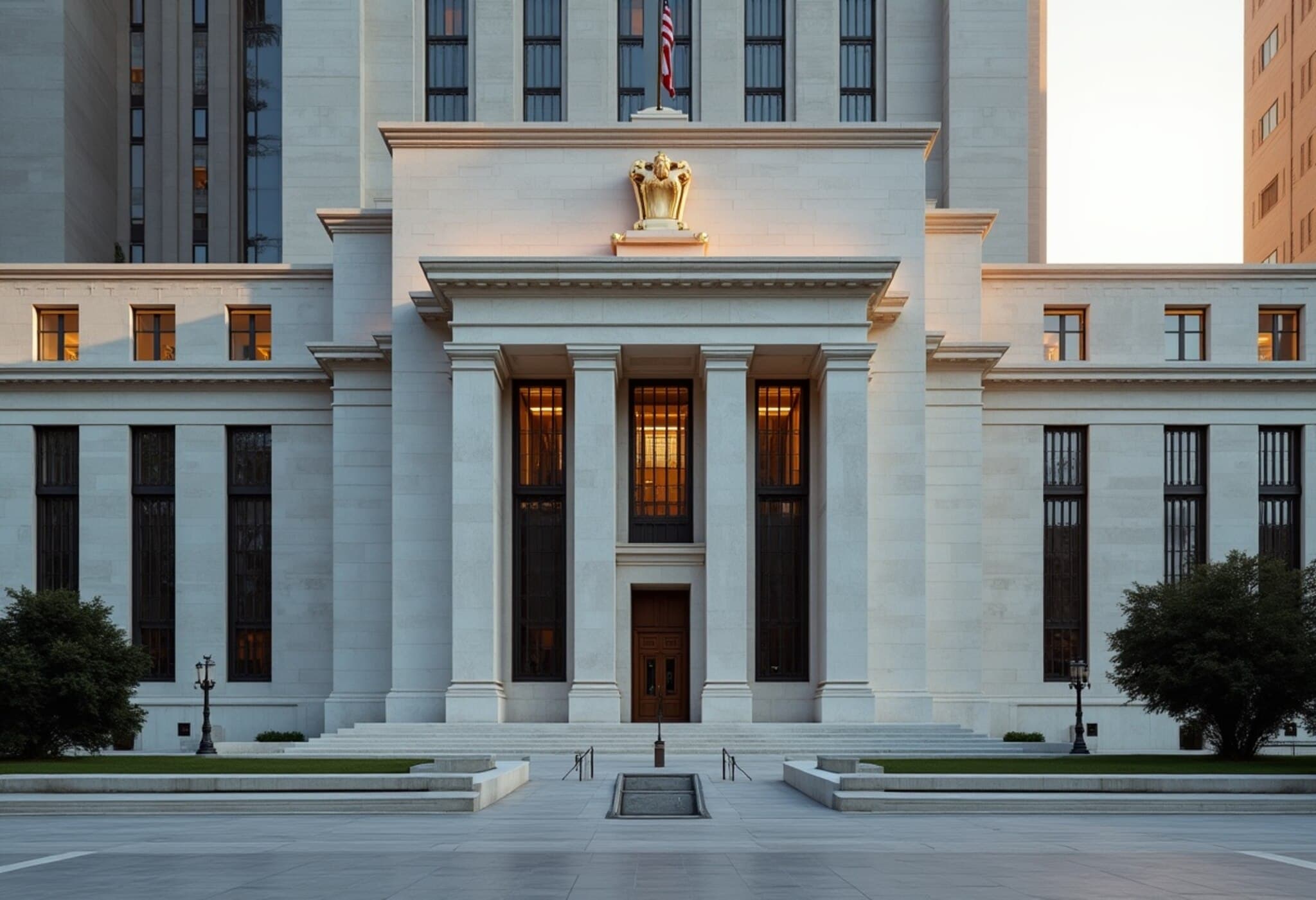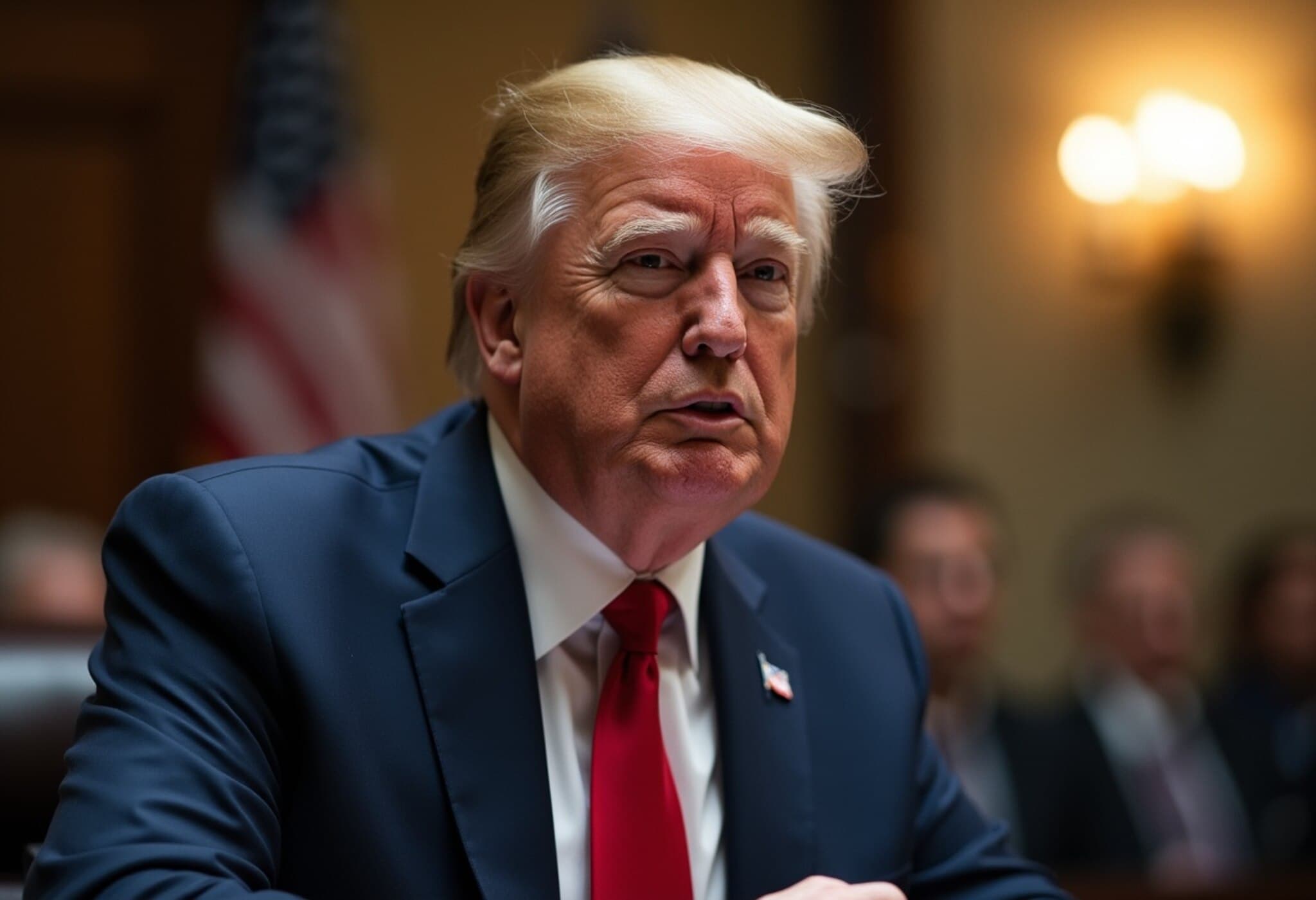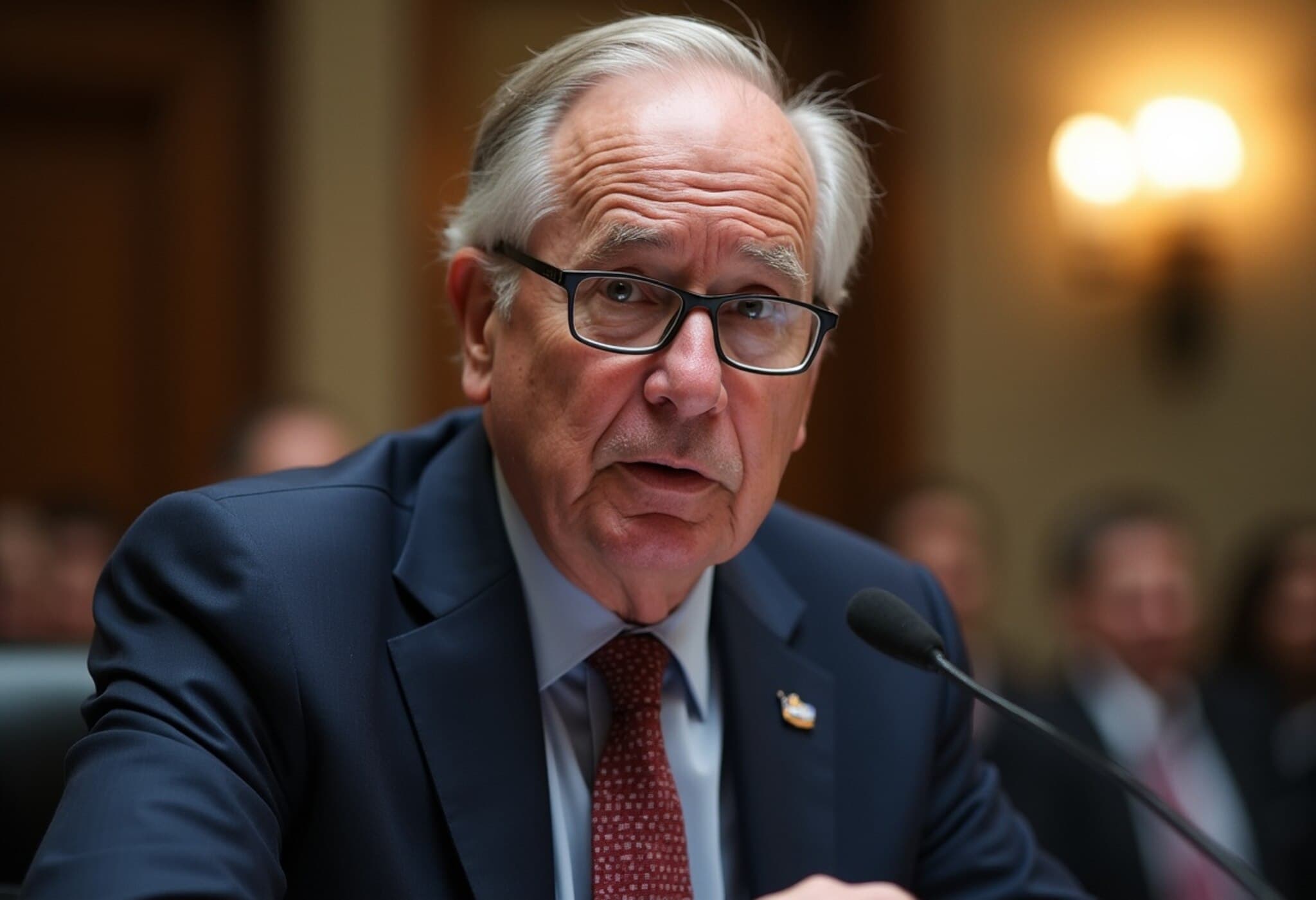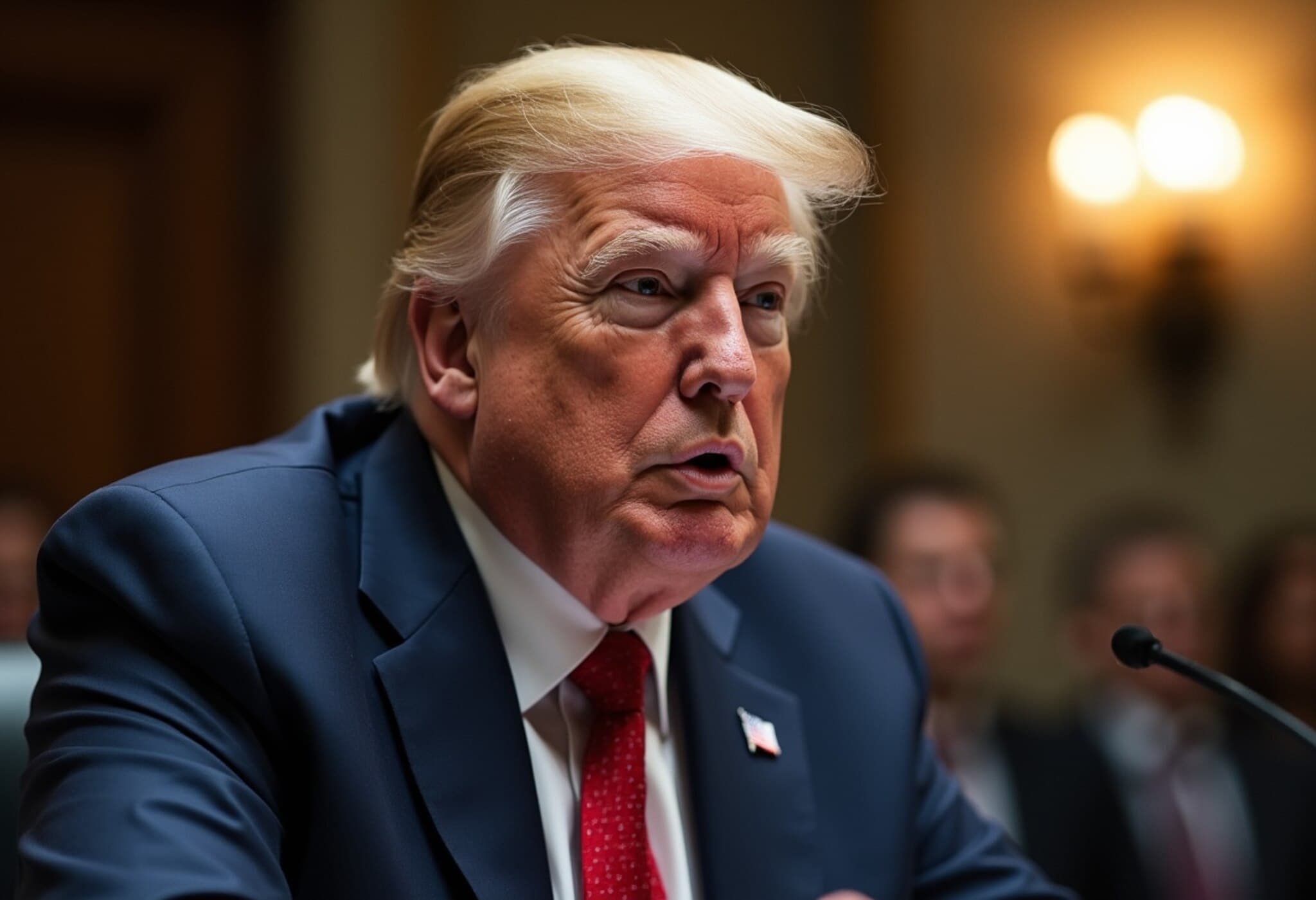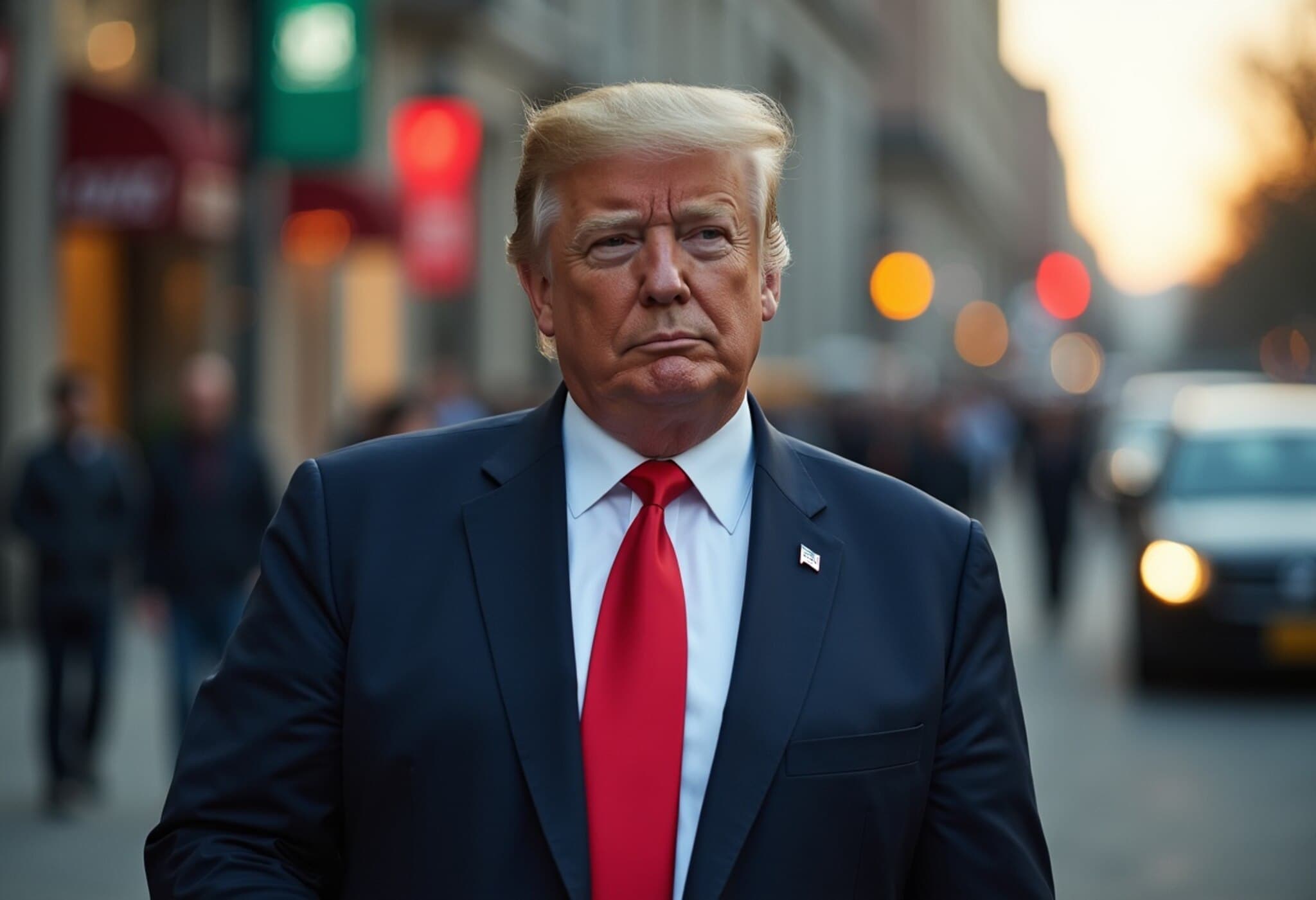Potential Fallout if President Trump Fires Fed Chair Jerome Powell
Amid swirling speculation, the prospect of President Donald Trump firing Federal Reserve Chairman Jerome Powell has stirred concern among economists, legal experts, and market watchers alike. A recent analysis by Wolfe Research paints a picture of volatility and legal uncertainty that could roil financial markets and test the separation between the executive branch and the independent central bank.
Market Impact: A Recipe for Instability
According to Tobin Marcus and Chutong Zhu of Wolfe Research, the immediate market reaction to a forced removal of Powell would likely be highly negative. They warn that such a move could trigger a steep selloff in equities alongside a surge in long-term bond yields, disrupting fragile economic recovery efforts.
"This would be a mess," the analysts wrote, highlighting the interconnectedness between Fed leadership, investor confidence, and broader economic stability. Investors cherish the Fed's reputation for independence, which serves as a cornerstone for steady, predictable monetary policy.
Legal Uncertainty: A Battle Possibly Landing at the Supreme Court
The question of whether President Trump has the legal authority to fire Powell "for cause" remains murky. Wolfe Research notes that Powell would likely challenge any termination in court, dragging the issue into prolonged litigation that could ultimately reach the U.S. Supreme Court.
Notably, Powell stands apart from other independent agency heads because, as Fed Chair, no one else can terminate his position internally. This contrasts with previous cases where Trump fired commissioners of independent agencies who had already been replaced by new chairs.
Such a scenario would test the courts’ interpretation of the Federal Reserve’s unique quasi-private status and the historical precedent that shaped its independence—principles underscored in recent Supreme Court opinions.
Trump’s Own Position: Mixed Signals and Political Dynamics
While a senior White House official suggested Trump might fire Powell soon, the President himself publicly denied those plans, stating, "We're not planning on doing it," but adding, "I don't rule out anything ... unless he has to leave for fraud." Trump’s history of abrupt personnel decisions adds an unpredictable element to the situation.
His frustration with Powell primarily revolves around disagreements over interest rate policies, with the President eager for rate cuts to stimulate growth and Powell resisting undue pressure to politicize monetary policy.
Expert Perspectives: Why Central Bank Independence Matters
Roger Altman, former Deputy Treasury Secretary under President Bill Clinton, described the idea of firing Powell as "among the worst." Altman emphasized the stark economic contrasts between countries with truly independent central banks—like the U.S.—and those where political interference prevails, resulting in double-digit inflation and financial instability, citing examples like Turkey and Argentina.
Altman predicts that Powell would resist any attempt to force his departure, which would likely lead to a legal showdown.
Possible Scenarios Outlined by Wolfe Research
- Powell remains as de facto Fed Chair while Trump pursues a legal path to remove him, prolonging uncertainty.
- Powell voluntarily steps down but litigates for reinstatement, challenging the legality of his removal after leaving.
- This escalates to executive action and potential law enforcement involvement to remove Powell, an unprecedented and destabilizing occurrence for U.S. institutions.
The analysts warn that any scenario involving law enforcement escorting Powell out of the Fed would send shockwaves through markets and could severely damage confidence in the U.S. financial system.
Broader Implications for U.S. Institutions and Economic Policy
At stake is more than just the leadership at the Federal Reserve; it is a question about the resilience and independence of American economic institutions. The Federal Reserve’s credibility hinges on its insulation from political whims, ensuring monetary policy decisions are based on economic conditions rather than political expediency.
Disrupting this balance could not only impair investor trust but also hinder the Fed’s ability to manage inflation and employment targets effectively, with repercussions rippling across domestic and global economies.
Editor’s Note: Navigating Uncharted Waters
The ongoing saga over Powell’s tenure spotlights the critical tension between political authority and institutional independence. As economic uncertainties abound, the integrity of the Federal Reserve’s leadership remains paramount. Investors, policymakers, and citizens alike should monitor how this episode unfolds, as its resolution could set profound precedents for U.S. governance and market stability.
Furthermore, it raises important questions: How much influence should political leaders exert over central banks? What safeguards are necessary to protect economic policymaking from partisanship? And in an era of rising political polarization, how resilient are America’s independent institutions? These debates will shape not only the future of the Federal Reserve but the broader health of American democracy and economic prosperity.
— By [Experienced Journalist’s Name], contributing economic and policy analyst

